The 15 Most Effective Ways To Rid Your Yard Of Chipmunks
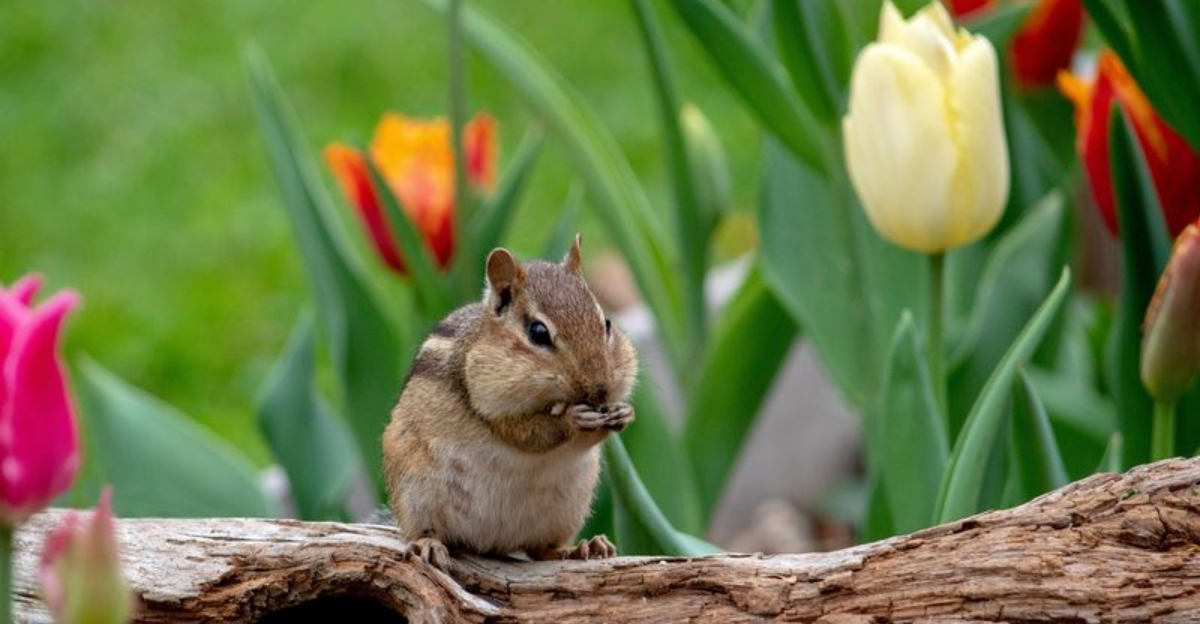
Those adorable-looking striped critters can quickly become garden terrorists, causing damage to your plants, burrowing under structures, and creating a general nuisance.
Chipmunks might seem cute at first glance, but their destructive habits and rapid reproduction rate can turn your yard into their personal playground. Here’s how to reclaim your outdoor space from these bushy-tailed invaders without breaking the bank or harming other wildlife.
1. Ultrasonic Repellent Devices
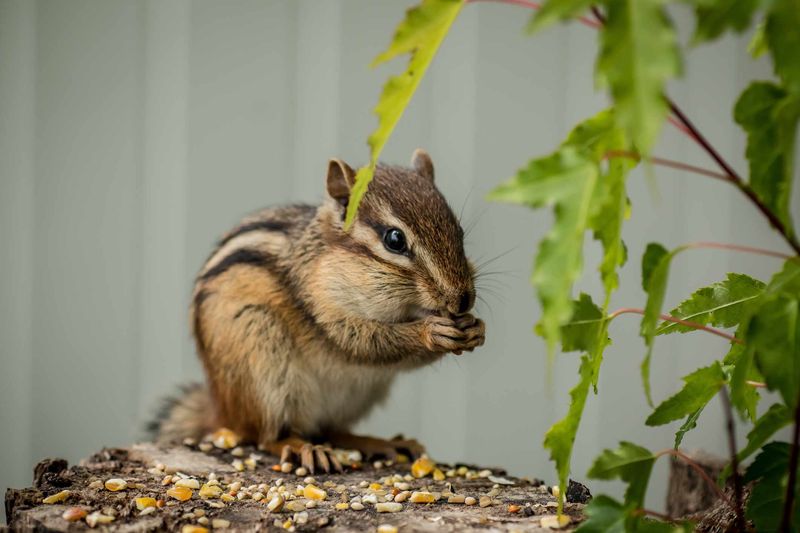
Sound waves to the rescue! Ultrasonic devices emit high-frequency sounds that drive chipmunks crazy while remaining inaudible to human ears.
Simply stake these solar-powered gadgets throughout your yard, focusing on problem areas where chipmunk activity is highest. The constant sonic irritation forces the furry troublemakers to pack up and find quieter accommodations elsewhere.
2. Predator Urine Sprays
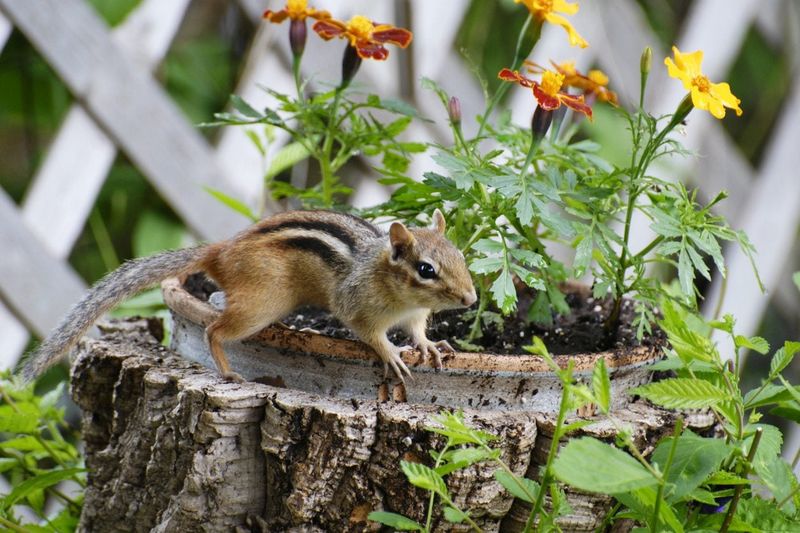
Nature’s fear factor works wonders! Bottled predator urine from foxes or coyotes triggers chipmunks’ survival instincts, making them believe dangerous predators are patrolling your property.
Apply around garden borders and near burrow entrances after rain. The scent creates an invisible boundary that chipmunks won’t cross, though you’ll need to reapply regularly for continued protection.
3. Live Trapping Methods
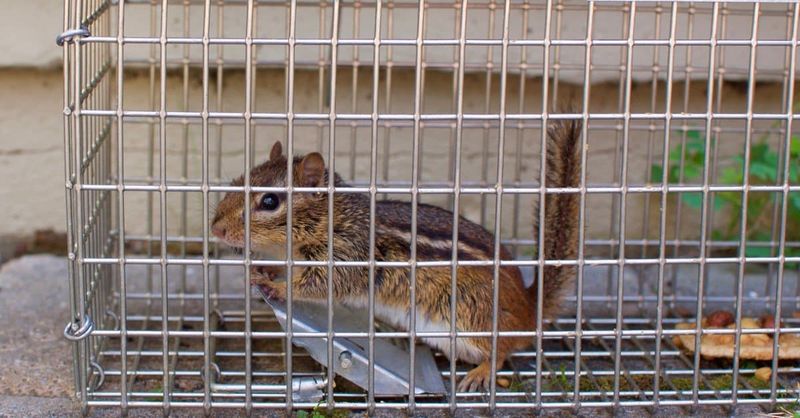
Catch and release offers a humane solution for persistent chipmunk problems. Small cage traps baited with peanut butter, sunflower seeds, or apple slices prove irresistible to curious chipmunks.
Place traps along walls, fences, or known travel routes where chipmunks frequently scurry. Once captured, relocate the critters at least 5 miles away in suitable woodland habitat to prevent their return.
4. Spicy Pepper Deterrent Spray
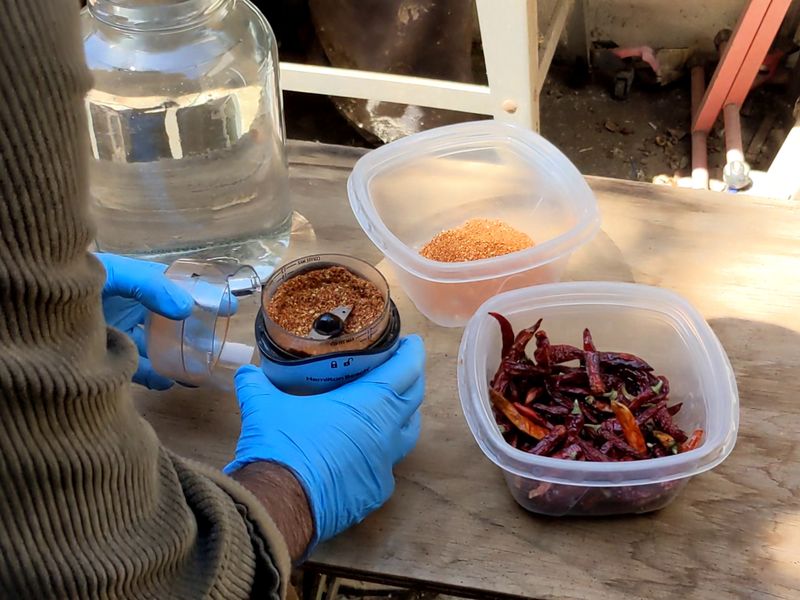
Turn up the heat on unwanted visitors! A homemade mixture of cayenne pepper, hot sauce, and water creates a natural repellent that burns chipmunks’ sensitive noses and paws.
Spray directly on plants, bulbs, and areas you want to protect. The spicy solution won’t harm your garden but creates an uncomfortable experience for nibbling chipmunks. A weekly application keeps your defensive perimeter strong.
5. Gravel Border Barriers
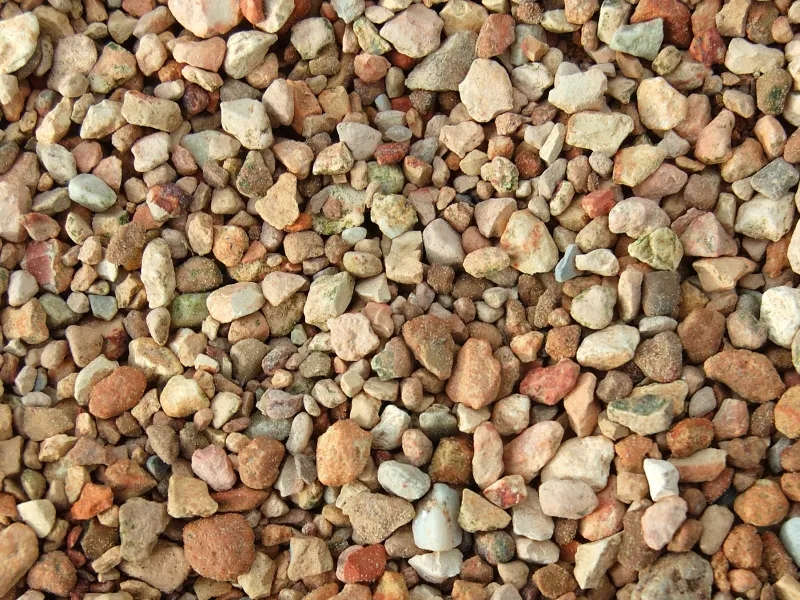
Pebbles provide perfect protection! Chipmunks hate digging through rough gravel, making it an excellent natural barrier around valuable plants or structures.
Create a 6-inch wide strip of coarse gravel or crushed stone at least 2 inches deep. The uncomfortable texture deters burrowing and creates a chipmunk-free zone. As a bonus, gravel borders add attractive landscaping elements while serving as functional protection.
6. Strategic Plant Selection

Outsmart the striped invaders with clever gardening! Certain plants naturally repel chipmunks thanks to strong scents or textures they find offensive.
Incorporate daffodils, marigolds, garlic, onions, and herbs like mint or lavender throughout your landscape. These botanical bouncers create a living defense system while adding beauty and fragrance to your yard. Bonus: many of these plants attract beneficial insects too!
7. Castor Oil Ground Treatment
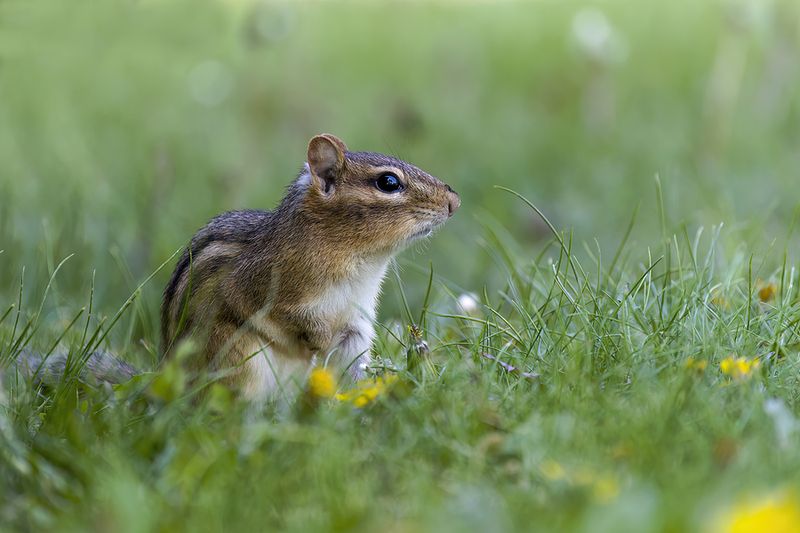
Mother Nature’s eviction notice comes in liquid form! Castor oil creates stomach upset for burrowing creatures without causing serious harm.
Mix 3 tablespoons castor oil with 1 tablespoon dish soap and 1 gallon water. Spray liberally over your lawn, focusing on active areas. The solution makes the ground taste terrible to chipmunks while remaining safe for plants. Regular applications after rain maintain the protective barrier.
8. Owl Decoys With Moving Parts
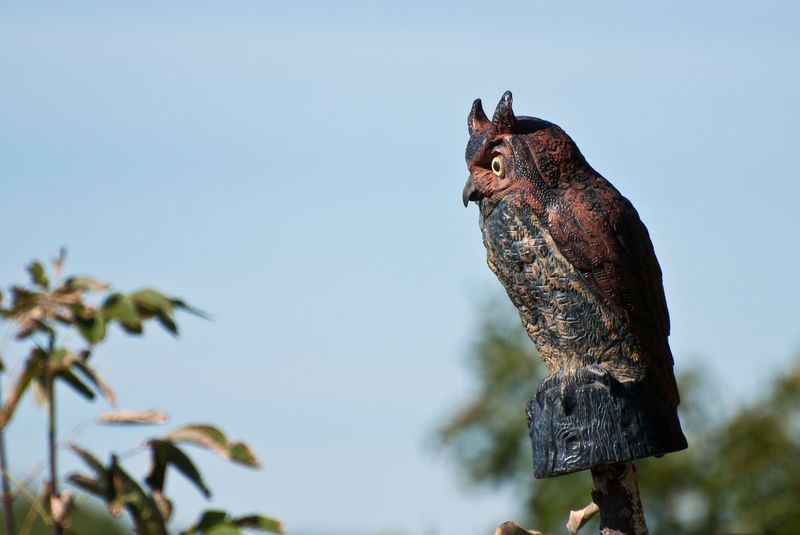
Fake predators can deliver real results! Modern owl decoys with bobbing heads or reflective eyes trigger chipmunks’ natural fear response, keeping them away from treated areas.
Position these silent sentinels in trees or on posts overlooking your garden. For maximum effectiveness, move them every few days to prevent chipmunks from realizing they’re harmless fakes. The constant threat perception encourages the rodents to seek safer territory.
9. Hardware Cloth Barriers
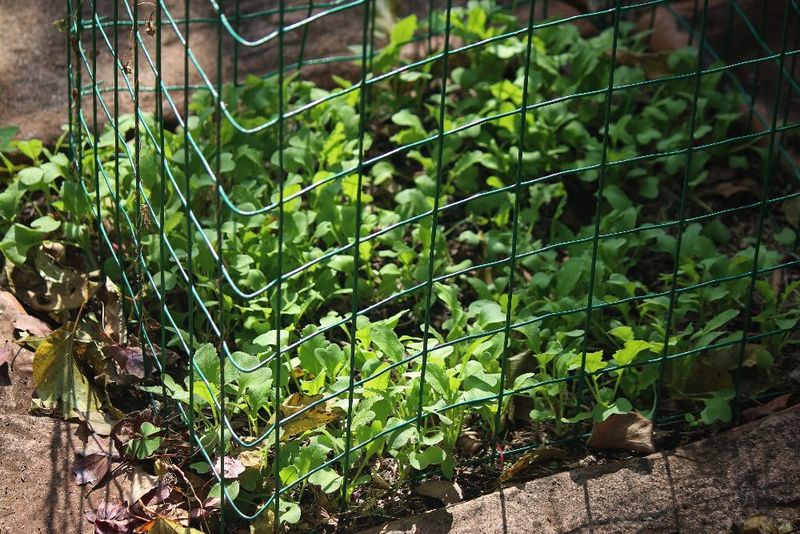
Metal mesh creates an impenetrable fortress! Quarter-inch hardware cloth installed around vulnerable structures blocks chipmunks from burrowing underneath.
Bury the barrier 8-12 inches deep and extend it outward in an L-shape. This underground fence prevents chipmunks from tunneling their way into protected areas. For maximum protection, use galvanized material that won’t rust or deteriorate over time.
10. Motion-Activated Sprinklers
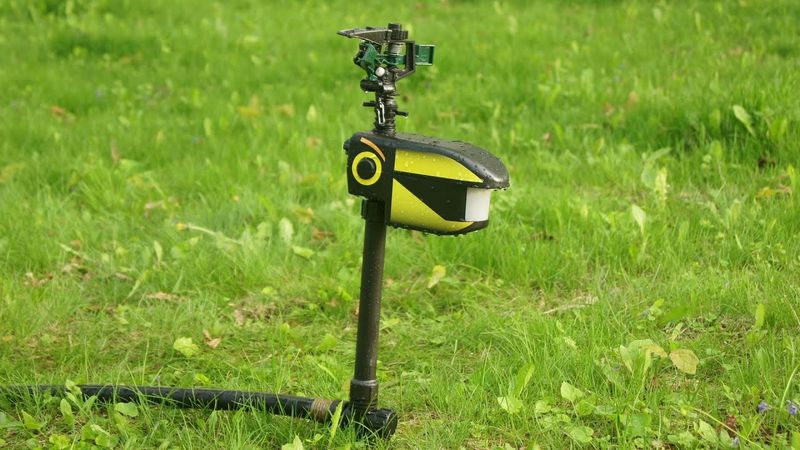
Surprise showers send chipmunks running! Motion-activated sprinklers deliver sudden bursts of water when they detect movement, creating a startling but harmless deterrent.
Place these devices near problem areas like garden beds or deck foundations. The unexpected spray teaches chipmunks to avoid your yard through negative association. As a bonus, these sprinklers help water your plants while protecting them.
11. Eliminate Food Sources
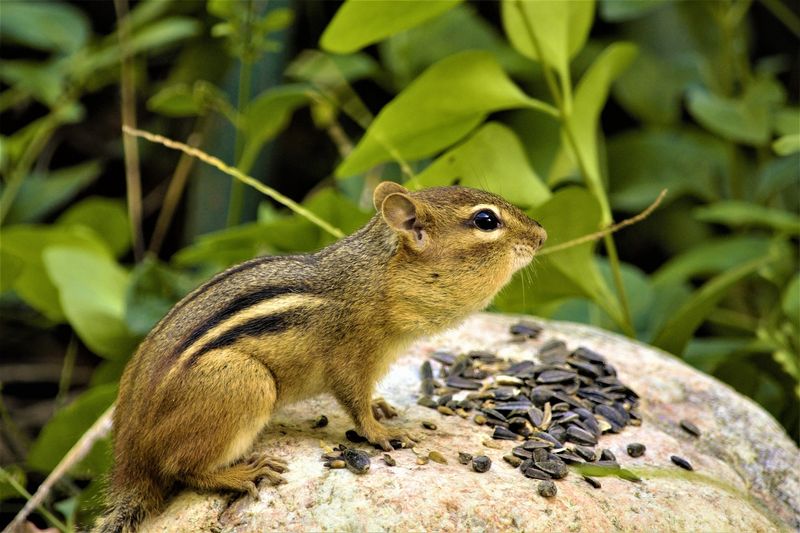
No buffet, no guests! Chipmunks visit yards searching for easy meals, so removing these attractions naturally reduces their presence.
Secure bird feeders with catch trays, harvest fruits promptly, and clean up fallen nuts or seeds. Store pet food indoors and use tight-fitting lids on garbage cans. When the free food disappears, chipmunks will move their dining plans elsewhere.
12. Irish Spring Soap Stations
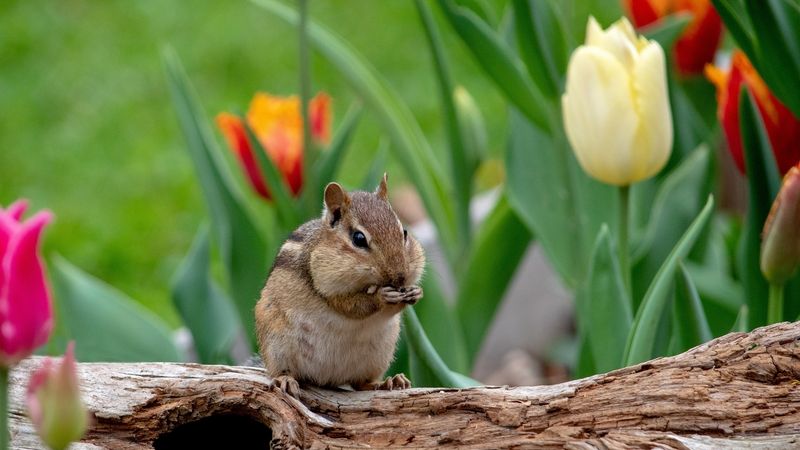
Fresh-scented defense works surprisingly well! Chipmunks can’t stand the strong fragrance of Irish Spring soap, making it an effective and inexpensive repellent.
Cut bars into cubes and place them in small mesh bags around your garden. The powerful scent creates an invisible barrier that keeps chipmunks at bay. Replace monthly or after heavy rain to maintain the soap’s potency.
13. Vibration Devices
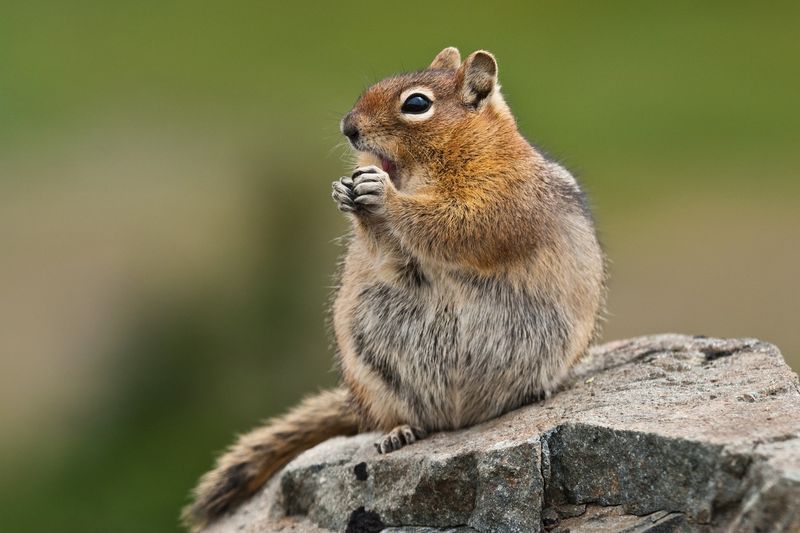
Good vibrations for you, bad news for chipmunks! Solar-powered stake devices send vibrations through the ground that irritate burrowing animals without harming them.
Insert these stakes near chipmunk tunnels or problem areas. The constant vibration feels like danger to the sensitive creatures, encouraging them to relocate to quieter territory. Most models work continuously for months without requiring battery changes.
14. Professional Wildlife Removal
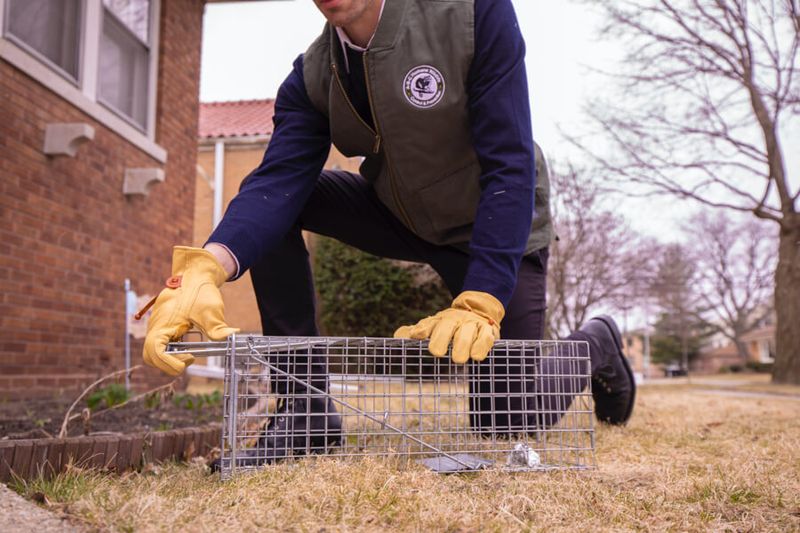
Call in the experts for severe infestations! Wildlife control professionals have specialized equipment and techniques for effectively removing multiple chipmunks.
These services typically include humane trapping, exclusion methods, and habitat modification advice. Though more expensive than DIY options, professional services often come with guarantees and follow-up visits to ensure the problem doesn’t return.
15. Companion Animal Patrol

Four-legged security guards offer natural chipmunk control! Certain dog breeds with hunting instincts provide ongoing deterrence simply through their presence in your yard.
Terriers, hounds, and other scent-driven breeds naturally chase small rodents. Even when not actively hunting, their scent around your property signals danger to chipmunks. Just ensure your pet doesn’t dig up your garden while on patrol duty!






